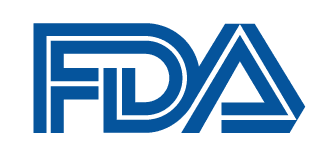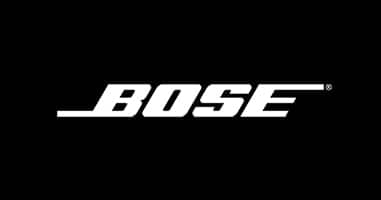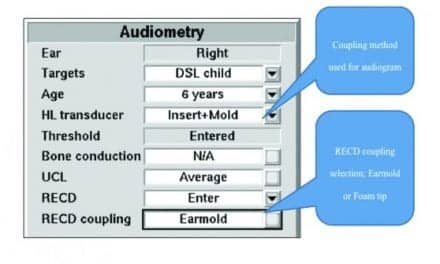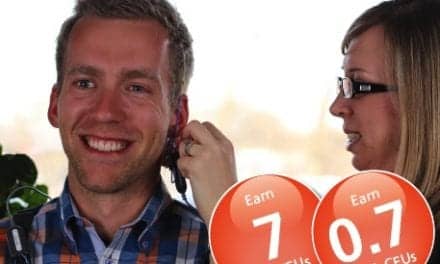The US Food and Drug Administration (FDA) today allowed marketing of a self-fit hearing device, the Bose Hearing Aid, intended to amplify sounds for individuals 18 years or older with perceived mild to moderate hearing loss, according to a release from FDA. This is the first hearing aid authorized for marketing by the FDA that enables users to fit, program, and control the hearing aid on their own, without assistance from a healthcare provider.
The Bose Hearing Aid was reviewed under the FDA’s De Novo premarket review pathway, a regulatory pathway for some low- to moderate-risk devices that are novel and for which there is no prior legally marketed device, and the Agency granted marketing authorization of the Bose Hearing Aid device to Bose Corporation.
In authorizing marketing of the Bose device, the FDA reportedly reviewed data from clinical studies of 125 patients, which demonstrated that outcomes with self-fitting of the Bose Hearing Aid are comparable on average to those with professional fitting of the same device with respect to the amount of amplification selected, speech in noise testing, and overall benefit.
In addition, according to the FDA’s news release, when participants self-fit the Bose Hearing Aid, they generally preferred those hearing aid settings over the professionally-selected settings. The Bose Hearing Aid has been labeled to inform the consumer when to consult a hearing health care professional.
It’s currently unclear if the new Bose Hearing Aid is an entirely new product from Bose, or if the product is related to the Bose Hearphones (or an in-the-ear type hybrid). It is described as an “air conduction hearing aid.” (Look for updates to this news post from Hearing Review.)
While users may fit, program, and control the Bose Hearing Aid on their own, the device must comply with applicable federal and state laws regarding the sale of hearing aids, including state laws that might require hearing aids to be purchased from or dispensed by a licensed hearing aid dispenser. The FDA is in the process of drafting proposed regulations for a new category of over-the-counter (OTC) hearing aids as required by the FDA Reauthorization Act (FDARA) of 2017.
“Hearing loss is a significant public health issue, especially as individuals age,” said Malvina Eydelman, MD, director of the Division of Ophthalmic, and Ear, Nose and Throat Devices at the FDA’s Center for Devices and Radiological Health. “Today’s marketing authorization provides certain patients with access to a new hearing aid that provides them with direct control over the fit and functionality of the device. The FDA is committed to ensuring that individuals with hearing loss have options for taking an active role in their health care.
In late July, the FDA issued letters cautioning Personal Sound Amplification Product (PSAP) and other hearing device manufacturers from marketing their self-fit devices as “OTC Hearing Aids,” stating that the OTC hearing aid category does not currently exist, and until it is established, “no products that are claimed to address hearing loss are, or can claim to be, OTC hearing aids…Currently, hearing aids continue to be restricted devices, for which sales must follow applicable federal and state requirements.”
While it’s a safe bet that the Bose Hearing Aid will not use “OTC” in its marketing at least until the FDA establishes the new product category, it is a self-fit device that now also benefits from the term “hearing aid”—a description that several professional hearing healthcare organizations recommended against relative to the OTC self-fit hearing device classification.
The FDA has until August 18, 2020 to propose new regulations that will define and regulate the new OTC/self-fit hearing aid device category, and this will be followed by a public comment period which will almost certainly present the various desires and concerns of consumers, professionals, and industry. The Agency will then have up to 180 days after the close of the comment period to publish the new regulations. Under the cited FDARA section, a manufacturer cannot legally claim a hearing aid device to be an OTC product in marketing until a new categorization is finalized.
For more insights on this subject, see “Blog: Observations on FDA Granting De Novo Status for the Bose Hearing Aid”.
Source: FDA and HR






I am very interested in these hearing aides.
Where and when will they be available? I am
very frustrated with my hearing and would like to find something different than I have.
Together with manufacturer NewSound I offer these hearing aids already in the Netherlands!
This sounds really good I would love to try them as soon as they become available. Please keep me informed.
Where can I purchase these new hearing aids. My hearing is pretty bad.
Sincerely Mrs. Hutchins